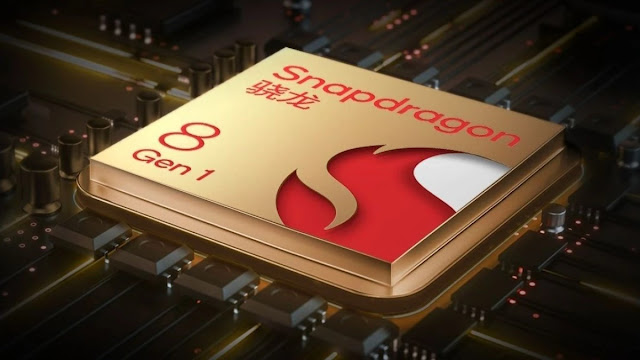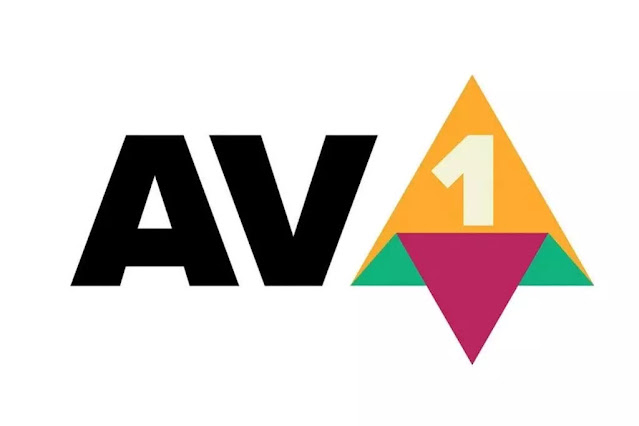The open-video codec AV1 has had a sluggish adoption rate, with large video providers waiting for more widespread device compatibility. Things may change in the coming months, as both consumer electronics firms and chipset manufacturers prepare to release new hardware that supports native AV1 decoding.
Qualcomm is one of the most well-known
⚫The protocol has received through a person who has seen the chip’s spec sheets that Qualcomm intends to include AV1 functionality in its forthcoming flagship Snapdragon mobile CPU.
⚫The processor, internally known as SM8550, is scheduled to be released towards the end of this year at the earliest, which means no phones powered by it will be available until 2023.
⚫The chip’s Adreno video-processing unit will provide native AV1 decoding, which has never been supplied by Qualcomm before.
⚫That’s assuming no substantial modifications, however, our source warns that things might change before the chip is released.
⚫Qualcomm Mobile GM Alex Katouzian previously told AnandTech that due to the company’s extensive planning cycles, it hasn’t been able to add AV1 functionality to its existing processors, but that it will “in time.”
Qualcomm isn’t the only firm that does this
looking to expand AV1 hardware support The open-video format has been progressively gaining traction since its initial introduction in 2018.
⚫Last month, Samsung stated that its new Exynos 2200 processor “has a power-efficient AV1 decoder that allows for extended playback duration.”
⚫Both MediaTek and Broadcom have released chipsets that enable AV1 decoding.
⚫Google is preparing to release a new version of their Chromecast that includes a Google TV streaming adaptor that can play AV1 feeds.
⚫Last year, Google made Android Av 1 Support a requirement for its Android TV platform, which pushed TV and streaming device vendors to incorporate it into their sets.
⚫Google’s attempt to expand AV1 support has taken two forms, with YouTube now mandating device manufacturers to incorporate AV1 in order to access 4K broadcasts.
⚫The latter was a result of a battle between Roku and Google. The two firms didn’t say how they worked out their issues, but I wouldn’t be shocked if Roku included AV1 compatibility in all-new 4K-capable devices this autumn.
⚫According to one industry source, the bulk of streaming devices coming out this year will support AV1.
It’s about time AV1 gained some traction
Insiders in the industry have long been irritated by AV1’s glacial growth, particularly considering the codec’s strong backing on paper.
⚫The Alliance for Open Media, a 6-year-old industry group that comprises all of the FAANG businesses, as well as ARM, AMD, Microsoft, Mozilla, and others, produced AV1.
⚫Netflix has been the only big streaming provider to accept AV1 thus far, with the exception of YouTube.
⚫Disney, which is linked to the AOM through Hulu, is thought to be in the early stages of planning.
⚫HBO Max isn’t utilising it, either, according to a WarnerMedia representative, who said the company’s product team was “actively studying and monitoring it and other codecs technologies as they arise.”
⚫Even Snap, which recently joined the partnership, hasn’t set a date for when AV1 will be used.
To get real-time news alerts join the Technewsrooms Telegram group. You can also follow us on Twitter and subscribe to our Google News feed for updates.





